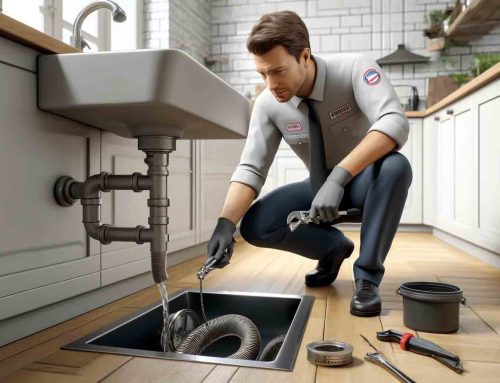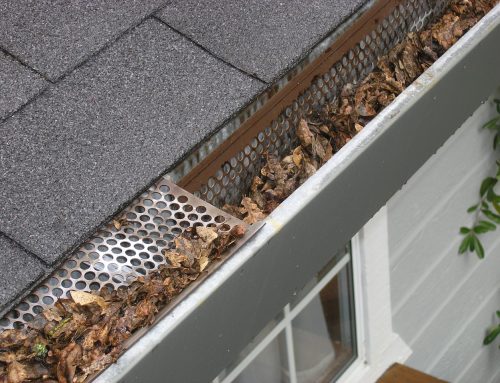For us, people living in Europe, water and its use are an integral part of our everyday lives. We can access clean drinking water whenever we want, but this is not the case everywhere in the world, and many places are struggling with a lack of drinking water today. As we know, only two percent of our planet's water resources are drinkable, and this is also rapidly decreasing. It is feared that in 15 years, a time may come when two-thirds of the Earth's population will not have access to clean drinking water, which is why it is very important not to waste water, because while it is natural for us, it is a treasure for others.
A family of four can use up to 120 cubic meters of water per year, all of which ends up as wastewater. in the canal, therefore, not only for environmental reasons, but also in terms of saving, it is worth paying attention to when and how much water we use!
If you are curious about how to use wastewater most efficiently, stay with us!
What is black and grey water?
Used in household and industry wastewater can be divided into two groups: we can distinguish between greywater and blackwater. The difference is given by the nature of the pollution. Blackwater is called toilet The water produced when rinsing dishes is full of bacteria and cannot be reused. The wastewater from washing dishes is often classified as black water, as it also contains organic substances and bacteria due to food residues.
Grey water, on the other hand, comes from washing, bathing, and cleaning, and contains oil, grease, and soap residue, so it can be recycled with proper storage and treatment, but it is not potable. Collected rainwater is also considered grey wastewater, which is also contaminated, but to a much lesser extent than domestic wastewater, so it can be used without treatment.

Using greywater?
As we wrote above, the use of greywater is possible, but before using it, we need to take several aspects into account. We need to examine the composition of the wastewater, to see how much oil, soap residue, grease, and paint residue it contains.
Tip: If you want to consciously use gray water, for example to water plants, use cosmetics, cleaning products, and dishwashing detergents made from natural ingredients that do not harm plants!
Greywater storage
It is important to collect, filter, store and disinfect greywater separately! If you do not have a greywater storage system, use it in a timely manner (within 24 hours), as the growth of bacteria in grey wastewater can increase the risk of infection!
It is also important to consider the capacity of the wastewater collection system, as a large decrease in wastewater can lead to problems such as: blockageMake sure there is enough wastewater in it for proper operation!
These were our tips on the efficient use of wastewater. If you would like to learn more about wastewater and BIO wastewater treatment equipment, click on our previous article series, where you can find the answers to your questions!
For traffic jam prevention Do you need it? Don't hesitate to contact us at connection at the e-mail address or phone number found in the menu and we will come to your home for free, fix the problem and guarantee our work!










